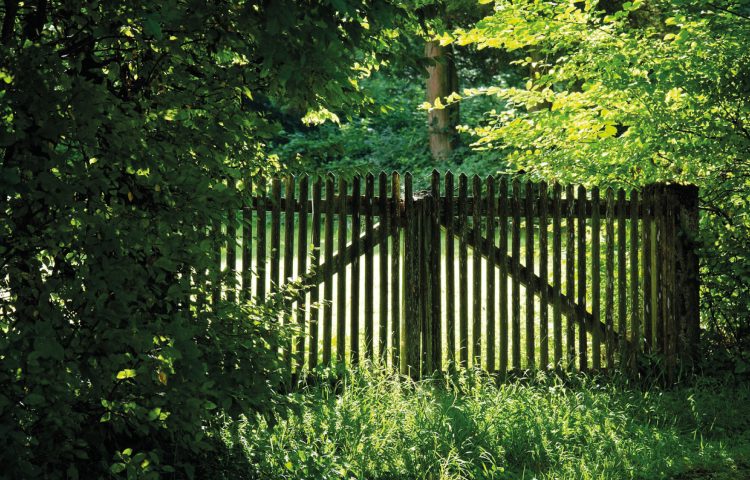
As spring blooms and summer approaches, many of us head outdoors to enjoy our gardens. But while gardening can be relaxing, it’s also peak season for neighbour disputes over overhanging branches, trees, and hedges.
In England and Wales, disputes about plants crossing property boundaries—whether it’s a spiky rosebush, overhanging tree limbs, or invasive roots—can quickly escalate if you’re unsure of your legal rights. Here’s what the law says about overhanging plants and trees, and how to handle common garden boundary issues with neighbours.
Can My Neighbour’s Tree Overhang My Property?
Under English law, if a tree, bush or hedge overhangs your boundary, the overhanging part is technically trespassing. That gives you the legal right to cut back any overhanging branches or growth to the boundary line—but not beyond it. You do not need permission to trim overhanging branches, but you must:
It is important to be aware that if you go beyond your boundary or cause damage, you could be liable for trespass or property damage.
What Should I Do With the Trimmings?
Legally, any branches, leaves, or fruit you cut still belong to your neighbour, so you should:
If you help yourself to fruit hanging over your fence—without picking it from your land—you could even be breaching the Theft Act 1968. So always ask first!
Tree Preservation Orders (TPOs): Proceed with Caution
Some trees are protected by a Tree Preservation Order (TPO). Even if overhanging branches stretch onto your property, you’ll need council permission before trimming them. Cutting or damaging a protected tree without consent can result in a substantial fine, so check with your local authority before doing anything.
What If the Tree Is Causing Damage?
If a neighbour’s tree roots are damaging your property—such as cracking paving stones, destabilising a fence, or blocking gutters—you could potentially bring a nuisance claim. Before heading to court though, it is best to:
Legal action should be a last resort, but your property rights matter—especially if the damage is ongoing or costly.
Staying Neighbourly: The Best First Step
The best solution to a garden dispute? A polite conversation. Most neighbours aren’t aware that their plants are overstepping the mark until someone raises it.
But if they ignore your concerns or refuse to take action, you don’t have to tolerate trespassing trees or unruly hedges. The law is on your side—as long as you handle things reasonably and within legal limits.
Help With Overhanging Trees or Boundary Disputes
If you’re dealing with a stubborn neighbour and plants trespassing onto your property, our team can help. We’ll guide you through your property rights, help you avoid legal pitfalls, and offer practical solutions—so you can enjoy your garden in peace.
Hibberts Solicitors have an experienced dispute resolution team who can offer tailored advice on garden boundary disputes, nuisance claims, and neighbour mediation and support you through every step of the process. To speak to a member of our team please call 01270 624225 or email enquiries@hibberts.com